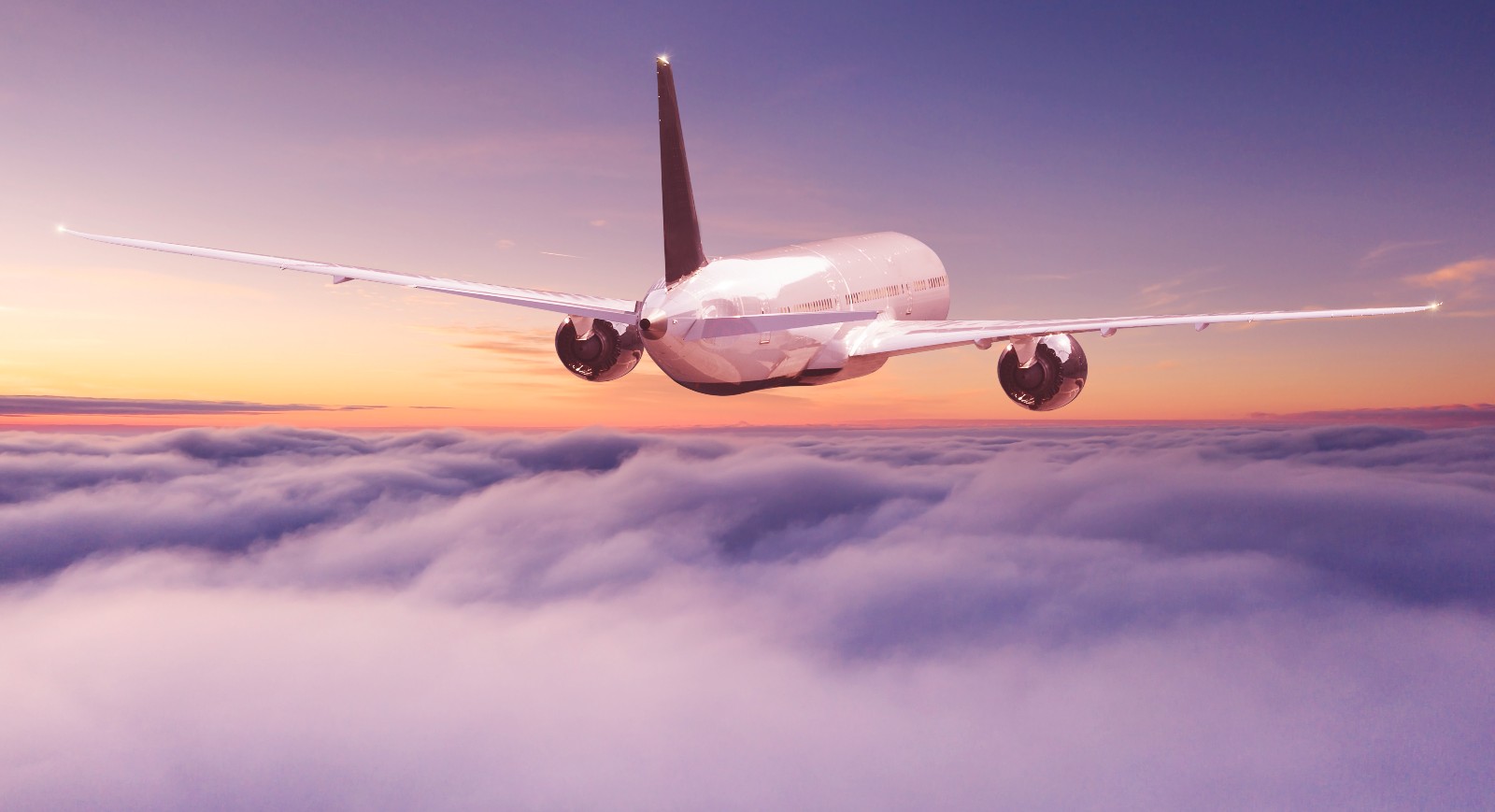Airplanes warn that 5G might be detrimental to air travel + Boeing to create its new planes in the metaverse

5G did not cause the pandemic — but it could cause mass disruption to flights, the US airline industry is warning. The approaching rollout in the US of new 5G services is the cause of an intensifying dispute between network carriers and the aviation industry, with the White House stuck in the middle, Bloomberg reports. Safety concerns have led the country’s federal aviation regulator to warn that it may prohibit low-visibility landings in the proximity of 5G signals — a move that could disrupt up to 350k flights per year and cost the industry as much as USD 2.1 bn, according to lobby group Airlines for America.
On different wavelengths: 5G signals will operate on airwaves close to those used by aircraft radar altimeters, which airlines say means they could interfere with pilots’ ability to judge altitude during landings, especially in poor-visibility conditions. Wireless providers, who have paid at least USD 81 bn for rights to the airwaves in question, reject the concerns as entirely unfounded — though they have offered power reductions near airports. At the end of a hard two years that saw USD bns in losses for the aviation industry during the pandemic, airline execs are in no mood to compromise, and are pushing for further power cuts. Now it will be up to lawmakers to forge an agreement between the two sectors in time for the scheduled 5G rollout on 5 January.
If a 737 Max crashes in the Metaverse, will it trigger a lawsuit? Boeing better hope not as it looks to enter the cyber-frontier with a new fully-virtual plane to get a foothold on its major competitor Airbus, Reuters reports. Boeing’s future factories will employ 3D engineering, hosting robots that can communicate with one another and mechanics that connect via Microsoft HoloLens headsets. The two-year strategy aims to utilize a single digital ecosystem to unify the company’s design, production and airline service operations. Airbus’ Chief Executive has made similar promises to “invent new production systems,'' as more companies look to the metaverse to revamp their production systems.
That translates into building 3D digital twin replicas of airplanes to run simulations of each aircraft’s production system and performance. In essence, each aircraft will have a digital twin that contains every piece of information about it in the metaverse, allowing companies to overcome design issues and shortening time-to-market.